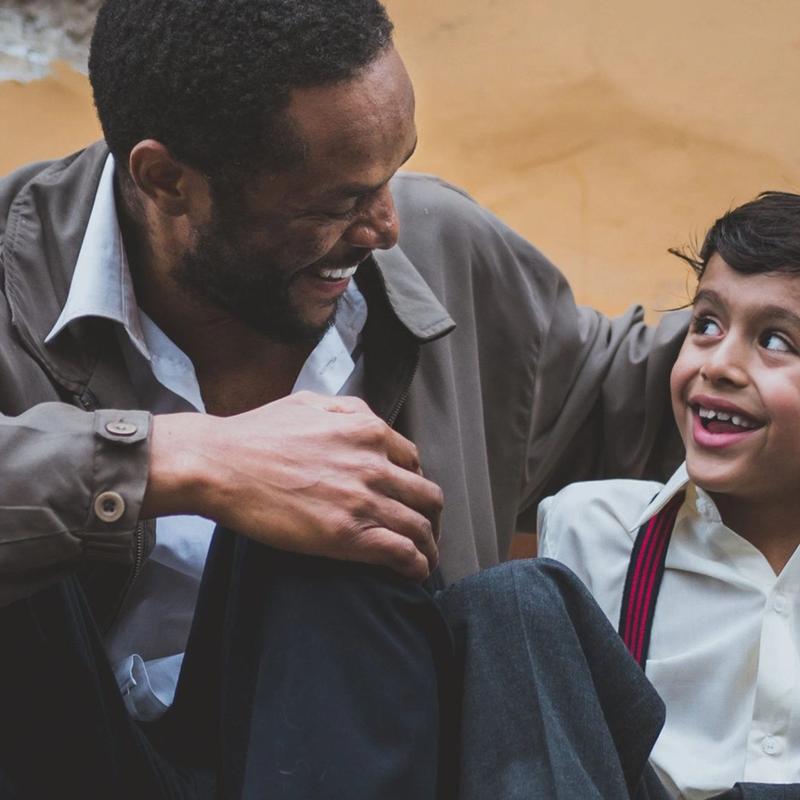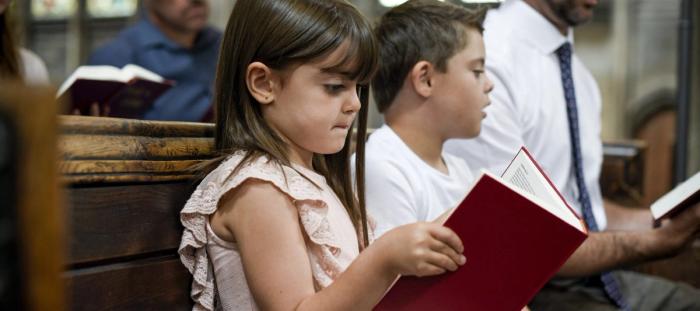A voice is heard in Ramah, mourning and great weeping, Rachel weeping for her children and refusing to be comforted, because they are no more. (Jer. 31:15)
The lament of women who have lost their children echoes across the pages of the Bible. War, disease, famine, and murder ripped little ones away from their mothers and the grief is palpable. We read of God’s comfort for grieving women (Gen. 21:15–16) and barren women (Isa. 54:1). We see him protect children (Exod. 1:20–21) and provide them (1 Sam. 1:27). In a way that’s relatable to readers thousands of years later, children in Scripture are depicted as wanted. They have value: “Children are a gift from the Lord; they are a reward from him” (Ps. 127:3).
Paul and John use this imagery when speaking to early Christians. They––like us––are children of God: wanted, beloved, valuable.
Psalm 139 declares that God created us with intention and design:
My frame was not hidden from you
when I was made in the secret place,
when I was woven together in the depths of the earth.
Your eyes saw my unformed body;
all the days ordained for me were written in your
book before one of them came to be.
(Ps. 139:15–16)
Before a breath has entered our lungs or a cry has escaped our mouths, we’re fully human, precious in the sight of the Lord. As he hems us in, behind and before, so also he ordains our futures––however long they might be. While still in the womb, God sets us apart for himself (Jer. 1:5). His eternal plans for us don’t depend on us at all. Our actions on this earth––not our faithfulness nor our failures––don’t determine our worth before the eyes of God. He created all humans with inherent worth, made in the image of his very self (Gen. 1:27). And for those who believe, we’re reborn and called God’s masterpiece (Eph. 2:10).






